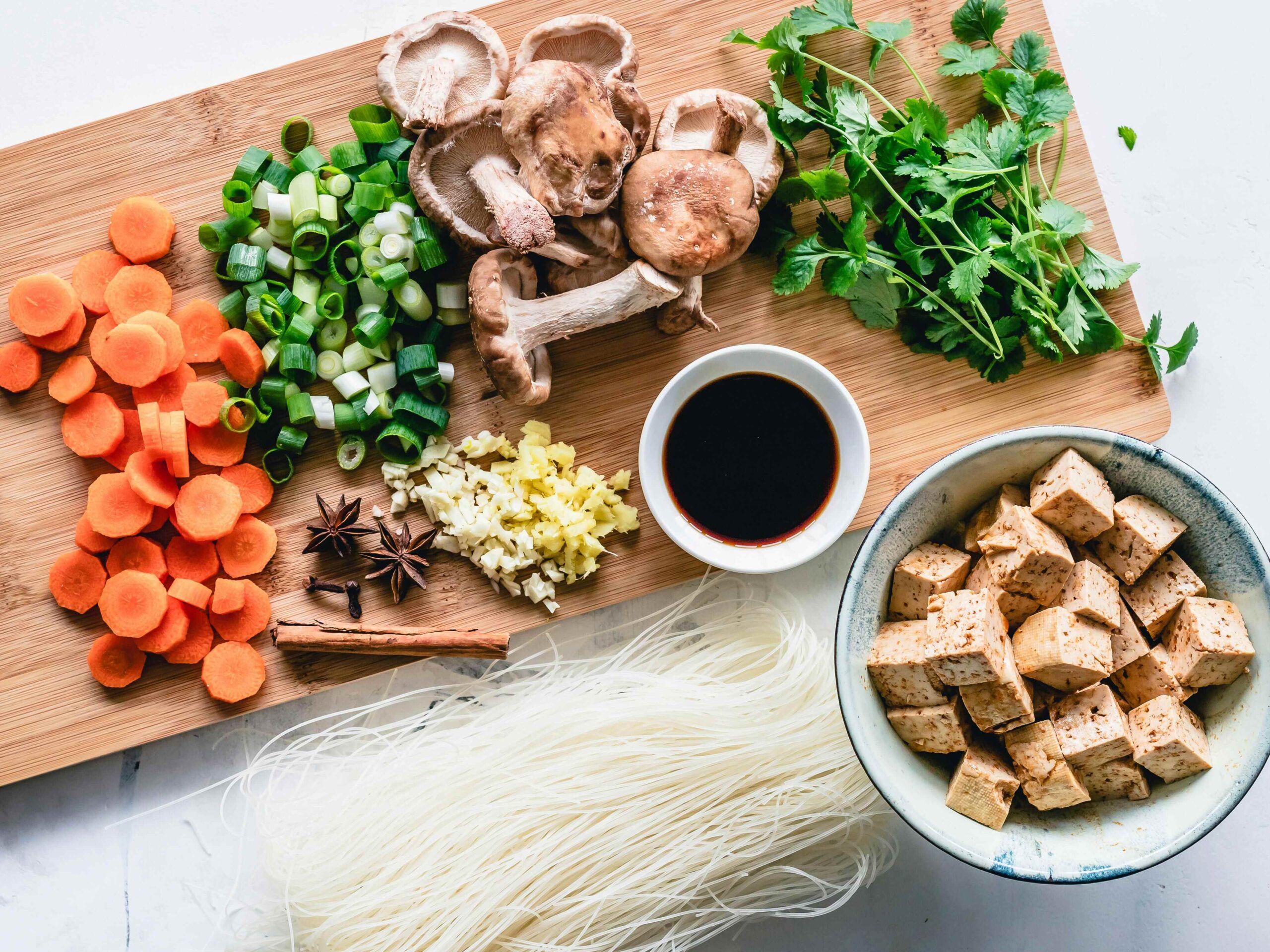Following a long obsession with getting enough protein, the latest health food trend is to eat a lot of fibre – otherwise known as “fibremaxxing”. Similar to eating lots of protein, “fibremaxxing” has leaned into the fact that Brits are under-consuming fibre and need to be having way more in our diets. But is this really a good idea?
Healthy fibre intake does have the following benefits:
-
Aids digestion by keeping the bowel movements regular
-
Prevents constipation and helps with bloating
-
Feeds our beneficial gut bacteria
But leading nutritionist, Rob Hobson, warns that we shouldn’t go all in straight away: “If you go from a low to a very high fibre intake too quickly, it can lead to bloating, gas, cramps, and even interfere with the absorption of minerals like iron, calcium, and zinc.
“People with sensitive guts or conditions like IBS may also find that high-fibre diets, especially those rich in fermentable fibres, can trigger symptoms.”
And this is not the only health trend that people should follow with caution. Bio-Kult, a UK supplement brand, has researched more popular trends that appear on social media and asked Rob for his expert opinion.
Ginger is a very popular ingredient due to its many health benefits, and it is often drunk as a shot in the morning. Some of the benefits of ginger include helping to regulate blood pressure and reduce cholesterol, and in some countries, it is used to treat headaches and colds.
But what many people don’t know is that there are quite a few medications that don’t mix with ginger.
Rob says: “If you’re taking blood thinners, diabetes medication, antiarrhythmics, or blood pressure drugs, ginger may either increase the risk of bleeding or affect how those medications are metabolised.
“This is more likely with supplements or concentrated shots than with the amounts you would use in cooking or tea. If you’re on medication, it’s always worth checking before making ginger a daily habit in large doses.”
So, taking a shot of ginger in the morning is perfectly fine and can make you feel energised for the day, but make sure you are not on any medication that will interfere.
Protein consumption is another health trend that has increased hugely in popularity, with Google Trends data showing 5.3 million monthly searches in the UK for “protein” and further AlsoAsked data showing common questions being asked, such as:
-
What to eat for a protein snack?
-
How do I get more protein in my diet?
-
Does protein help you lose weight?
Lots of these questions are being answered by social media, with a combined 32.5 million Instagram and TikTok posts containing content about protein, with many influencers sharing recipes and advice.
This surge in wanting to eat more protein has led to many brands releasing ”high in protein” foods, often with labels identifying it as such, but how good are these?
Rob believes there is a real risk that people are being misled by these labels and that these are being automatically assumed as healthy. He says: “Just because something contains protein doesn’t necessarily make it a good nutritional choice, and many of these products are still ultra-processed, with added sugars, sweeteners, emulsifiers, or fillers that don’t support overall health. A high-protein chocolate bar isn’t the same as a chicken breast or a bowl of lentils.”
“Education needs to shift from chasing numbers to understanding the quality of what’s on your plate.”
So, whilst social media can be a great source of inspiration and knowledge, be careful to follow unqualified advice. Rob adds: “A healthy meal doesn’t have to be ‘Insta-perfect’, it just needs to nourish you and fit into your daily routine.”
Head to Bio-Kult’s website for a full breakdown of the top health trends and Rob’s expert advice on whether each should be followed with caution or not.
